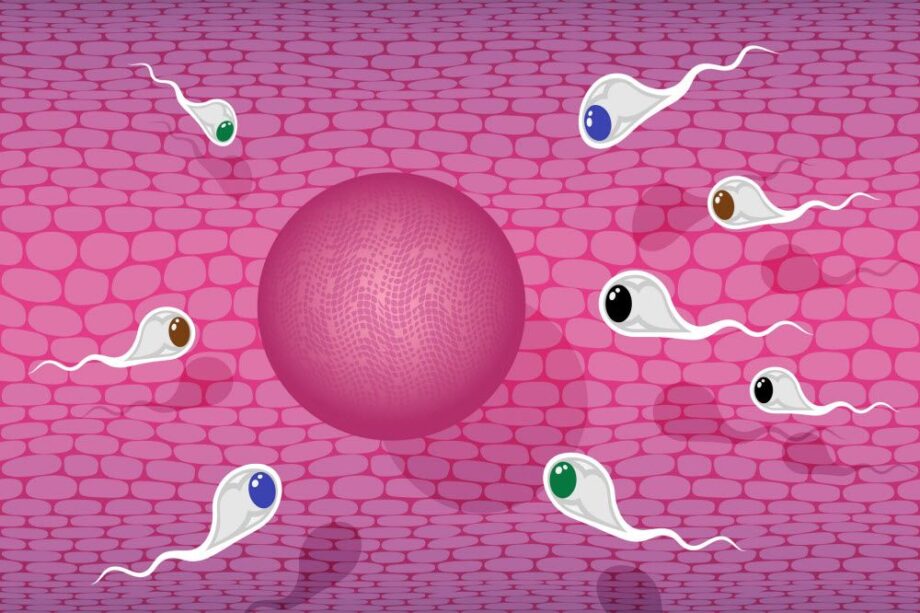I recall a conversation I had when I was in my late 20s, with a male friend a few years older than me. He was about to get married, and felt nervous about it. He knew that he loved his intended, and that she was the right person for him. He trusted her and even admitted that he'd be "lost" without her. So, what was the problem? My friend was feeling a profound sense of loss over all the women he would never sleep with - women he'd never even met yet. Right. I confess, I was not very supportive of my friend's fears of never again getting any from women he'd never met. After all, that's a stupid thing to worry about when you're about to marry someone you know is your perfect mate ... Isn't it?
Study Links to Biological Component
Actually, it turns out that the desire for a steady stream of new women may have a biological component. A 2015 study from the College of Wooster revealed that men produce a larger quantity of highly motile sperm when masturbating to what they refer to as a "novel female." Ejaculation with novel stimulation (in this case, meaning a new female in the video stimulus) took less time and was reported as being more satisfying. In short, men have faster, more enjoyable climaxes with novel stimulus - and these climaxes are more likely to result in pregnancy when sex occurs.
The study itself used a sample that is not considered large enough to be widely viewed as scientifically accurate. But it is a first step in developing the theory that men have a biological drive to sex up as many different women as possible. The Wooster study used 21 men, all of whom were straight and eager to participate in the project, which was billed as "masturbation for science."
What About Infertility?
Interestingly, the study may shed some insight on why infertility in men can be difficult to diagnose. Fertility tests for men usually involve testing sperm provided by masturbation in a private room in a clinic. This would include pornographic stimulation, presumably with materials provided by the facility. It's been proposed that this novel stimulus results in samples that are healthier and more active than they would be in the bedroom of a married couple. If the samples being given aren't really representative of the conditions the couples are trying to conceive under, a doctor may have difficulty diagnosing the problem.
What About Infidelity?
One co-author of the study, Dr Laura Sirot, is clear in saying that the study is not a defense of infidelity. "Our study does not suggest anything about whether monogamy was favored or disfavored by natural selection. However, the results … suggest that extramarital copulations may have occurred in our evolutionary past."
Even if men do have a biological drive to spread their seed among as many women as possible, what does this mean to modern relationships? It's often said that men who cheat (and yes, we know that women also cheat. We're talking about men now.) are immature, unwilling to stand by their commitment, have low-self esteem, etc. Could it be that men are simply acting on ancient biological impulses to father as much new life as possible? Could the results of this study be used as an excuse to jump from one bed to another?
I'm not so sure. Biological drive is by no means carte blanche for infidelity. After all, humans fight natural urges every day - some of which have been part of documented human behavior for thousands of years. Biological drives can include lashing out physically when we're angry, devouring an entire pound cake just because it's there, and even hoarding supplies for fear of running out. However, these drives can be fought and overcome if we apply ourselves. For some marriages, monogamy is optional. For those who have made the commitment to be with one person, I'm not quite ready to let scientific studies convince me that the thirst for novel stimulation means a free pass. How about you?




